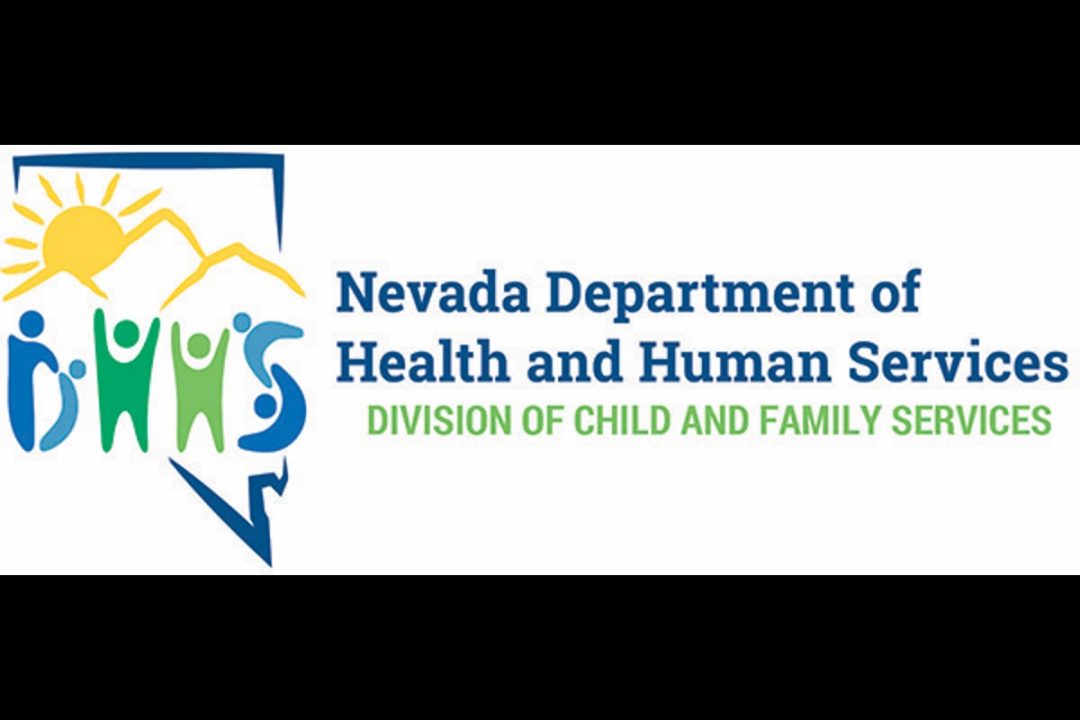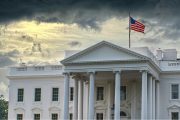
“Let’s keep this our little secret,” child predators sometimes tell their victims. This apparently was the attitude, too, of a Nevada official who was hiding youth “trans” castration surgeries from parents. This man was also using a loophole to get Medicaid (our tax dollars) to pay for the sexual-distortion treatments (SDTs).
This time, however, the dark secret has been brought to light, by an undercover operation by O’Keefe Media Group (OMG). As that organization reported Friday (note: the official, being woke, uses the wrong pronouns to identify a cited youth):
Deshaun Eli Mack, a Family Services Specialist with the Nevada DHHS [Department of Health and Human Services], told an undercover OMG journalist that not only has he helped children transition, but he has done it “a few times, actually. Actually, a lot of times,” adding, “I don’t see as many as I would enjoy seeing.”
Mack described helping a biological male pursue so-called feminization surgery. “She had specifically asked me about feminization surgery,” he recalled, explaining the advice he gave: “I told her the best way to get it would be to make sure that your doctor says it is medically necessary so that Medicaid pays for it.”
When asked about what happens if a child’s parents don’t approve of the transition or don’t know about it, Mack made it clear: “We do not actually tell anyone.” He elaborated further, stating, “I can’t even tell you that your child is receiving benefits because you’re not on that case.” According to Mack, “Your parents don’t need to know that you’re transitioning. You can just go to the doctor.”
Even more disturbing, Mack openly admitted to abusing the state’s “runaway youth” provision to bypass parental consent. “At that point, I would just treat them as a runaway youth,” he said.
Explaining How the Sausage Is Made
This isn’t the only scheme Mack cooked up, either. O’Keefe Media Group issued an earlier exposé on him (Part 1) about how he has twisted state rules to provide extra taxpayer-funded benefits to illegal aliens. As for Mack’s MUSS (Made-up Sexual Status, aka “transgender”) machinations, however, he wasn’t short on details. As OMG also wrote:
He further explained the mechanics of how the system can be manipulated: “We can approve the benefits for the child by themselves and we can pull them off their parents’ case.” He added that this practice doesn’t alert other state agencies either: “I don’t even think in that circumstance we let our sister agency, DCFS, Division of Child … and Family Services, I don’t even think we alert them at that point.”
The video of Mack exposing himself follows.
What They (Parents) Don’t Know Will Hurt Them (the Kids)
Unfortunately, Mack’s is not a victimless crime. The waste of taxpayer money is the least of it, too. Just consider children suffering with sexual-identity disorder (SID, aka “gender dysphoria”), the delusion that they’re stuck in the “wrong sex’s” body. Research has shown that among such kids, the disordered feelings will disappear in upwards of 90 percent of boys and 80 percent of girls as they proceed through adolescence. Note as well that most youths today claiming a MUSS do not even have SID. Rather, they’ve fallen victim to social contagion. This is why there sometimes are clusters of girls — all from the same school — claiming MUSSes.
Regardless, enabling the illusion is dangerous and harms children — often permanently. The website SexChangeRegret.com documents this, providing a multitude of stories about people seduced by false MUSS promises. And they would realize only too late, generally after being mutilated for life, that they’d been lied to.
One of them, Soren Aldaco, filed a lawsuit in 2023 in Texas against the Dr. Frankensteins who mutilated her. Her complaint states that her “physicians” deliberately led her “down a path of permanent physical disfigurement and worsening psychological distress.” She was 17 at the time.
There also was “Nathaniel.” His “medical visits” began at 15 and ultimately resulted in his having the SDT euphemistically labeled “bottom surgery.” He later called it a “Frankenstein” procedure and said, in 2019, “I feel as though I have ruined my life.”
There are many other victims, too, such as Chloe Cole, seen in the video below. She’s being evaluated — properly, finally — by renowned psychologist Jordan Peterson.
A Dose of Sanity
Yet it isn’t just anecdotes raising a red flag. As Public Discourse reported in 2020, research itself shows what common sense dictates: SDTs do more harm than good. Previously, the American College of Pediatricians had issued a similar warning, relating in a 2016 statement that rates
of suicide are twenty times greater among adults who use cross-sex hormones and undergo sex reassignment surgery, even in Sweden which is among the most LGBTQ–affirming countries.
Then there was the testimonial of psychiatrist Dr. Riittakerttu Kaltiala. “Gender-Affirming Care Is Dangerous,” she wrote in 2023. “I Know Because I Helped Pioneer It.”
Of course, no one has to tell John Q. Public that it’s insane allowing today’s Dr. Mengeles to mutilate children. As a tweeter wrote on X, responding to the OMG story:
Another tweeter, however, touched on a more fundamental problem:
MUSS Agenda Is Demonic
This is an important point. It has been said that a “man capable of deceiving only others is not nearly as dangerous as a man capable of deceiving himself.” If you watch and listen to Mack, it’s clear he’s the deceived; being a deceiver just follows from that. He’s sincere, albeit sincerely wrong. And he didn’t build this delusion all on his own.
The lesson is that when we allow misbegotten ideas to germinate and come to flower, they’ll pollinate and spread afar. Then, before you know it, the weeds of woe are even in your backyard.
The MUSS agenda should have been crushed as the demonic force it is the moment it reared its head. Instead, it was allowed to take hold, enabled by thinking such as, “I don’t care what consenting adults do. Just leave the kids out of it.” This is a bit like saying, “Yeah, you can jump off that cliff — but be sure to stop halfway down. And whatever you do, don’t land on a child’s head.”
It’s insane to release insanity on the countryside because, by its nature, insanity doesn’t control itself. It destroys.




